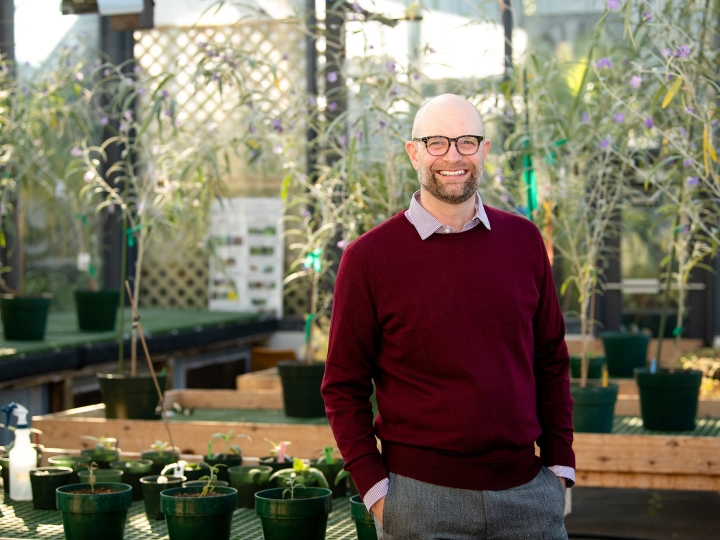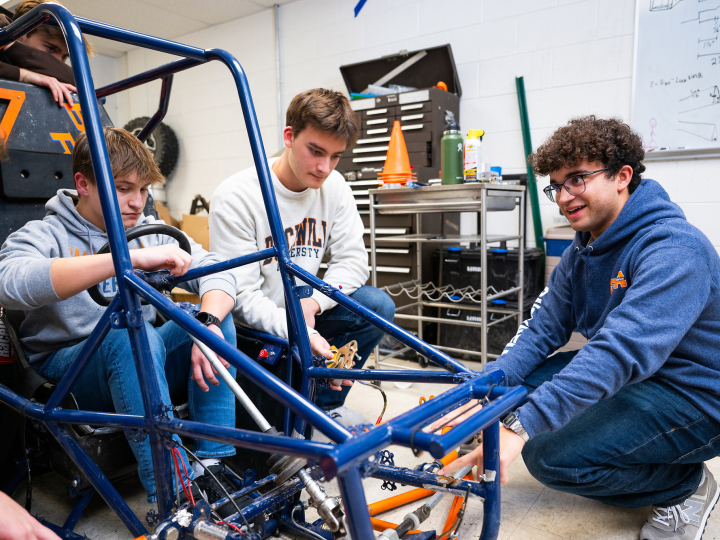Voting for Inclusion
October 14, 2016
Ignorance about different faiths can lead people to paint all religions with which they are unfamiliar with a broad brush, as "the other," says the Rev. John Colatch, university chaplain and director of religious life. Manisha Chase '16, one of Bucknell's former religious leaders, observed such stigmatizing as a Sikh.
"After 9/11, the first hate crime occurred against a Sikh man," says Chase, who is now a Fulbright scholar in England. "Much of the media portrayal of extremist men shows them with long beards and turbans like Sikh men. It is troubling to think that you will be wrongly persecuted or scapegoated because of how you look. It's important to us Sikhs that our Muslim brothers and sisters are treated well, because if affects us directly."
As adviser to the Interfaith Council, Colatch advocates openness to faiths not in the mainstream, especially during this election season. To further this goal, a dinner discussion in mid-September addressed how people of faith should respond to the politics of "the other."
Colatch's office also sponsored a talk Oct. 18, "Becoming Spiritually Grounded in this Dislocated Age," by Diana Butler Bass, author of Grounded: Finding God in the World — A Spiritual Revolution.
"Her book is really timely," says Colatch. "Sometimes when you're an author, politics turns in your favor. She has tried to write a book about what we have in common."
What Bucknell students have in common with the electorate in general is a similar percentage who claim no religious affiliation — at Bucknell, 27 percent of students check no choice, none or no response when asked for religious preference; 20 percent of registered U.S. voters are in the category of religious "nones," according to a recent Pew Research Center survey.
Of the Bucknell students who express a religious preference, one-third are Catholic, one-third are Protestant, 8 percent are Jewish, and 1 percent are Muslim. Being in the minority, "our Muslim students often feel they have to look over their shoulder," Colatch says. "Interfaith Council's goal is to be allies for one another. We live that every day."

